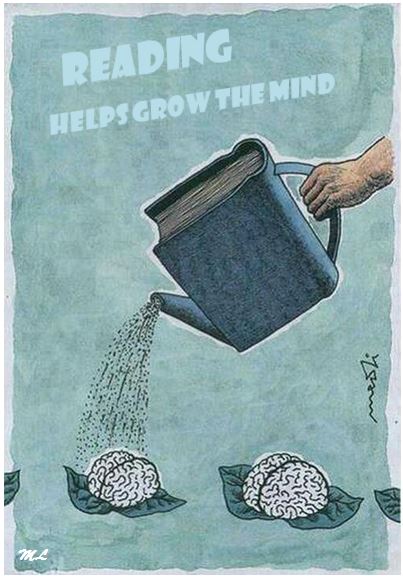 For a lot of us, our days start and end like this: scan a headline, maybe click the link, read a couple of lines, share it, tweet it, send it on its way.
For a lot of us, our days start and end like this: scan a headline, maybe click the link, read a couple of lines, share it, tweet it, send it on its way.
There; we’ve engaged with content and shared it with our world. But have we really accomplished anything?
Derek Beres, the author of Whole Motion: Training Your Brain and Body for Optimal Health, believes social media content consumption is the equivalent of junk food for our brains.
“Scanning headlines and retweeting quips is not going to make much cognitive difference,” Beres writes in BigThink.com. “If anything, such sweet nothings are dangerous, the literary equivalent of sugar addiction. Information gathering in under 140 characters is lazy. The benefits of contemplation through narrative offer another story.”
If we truly want to optimize our brain health, Beres stresses that long-form narrative reading is imperative.
“One 2009 study of 72 children ages eight to ten discovered that reading creates new white matter in the brain, which improves system-wide communication,” he notes.
“White matter carries information between regions of grey matter, where any information is processed,” Beres continues. “Not only does reading increase white matter, it helps information be processed more efficiently.”
This backs up other research that shows reading long-form content, especially in print, improves recall and comprehension, and that reading real books has proven health benefits. And it’s not just about processing – reading is a great way to improve our humanity, including our ability to empathize, he notes.
Beres boils it down beautifully, noting that deep reading “leads to the formation of a philosophy rather than the regurgitation of an agenda, so prevalent in reposts and online trolling. Recognizing the intentions of another human also plays a role in constructing an ideology.”
If you spend any time at all on social media, you know there’s often a dearth of intelligent discussion – to the point that many of us are just throwing in the towel and saying “enough.” Social just can’t seem to give us what we really want.
But what about social interaction? Isn’t it better to at least engage – even if the interaction is less than satisfactory? I think not. While some might see it as anti-social to pick up a good book, I believe it makes us better people.
Beres would agree: “What I do know is that life would seem a bit less meaningful if we didn’t share stories with one another. While many mediums for transmitting narratives across space and time exist, I’ve found none as pleasurable as cracking open a new book and getting lost in a story. Something profound is always discovered along the way.”
Beres’ makes some other great points in his piece, and it’s absolutely worth the long read. Enjoy.
